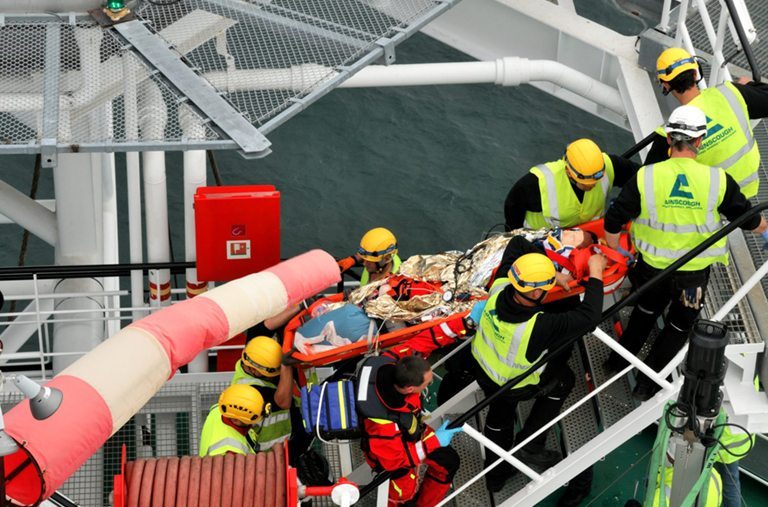Unlike most injuries that occur on the continental United States, most of the offshore injuries fall under the realm of one of several maritime laws, including the Jones Act, the Longshore & Harbor Workers’ Compensation Act and the Outer Continental Shelf Lands Act.

These statutes were designed to protect the rights of injured seamen and offshore workers, much in the way that Workers’ Compensation laws protect employees injured on land. Under these statutes, employers at sea may be liable for offshore injures that occur during the course of the job.
Offshore Injuries Cases can Become Complex
Offshore injury cases can become quite complex. While similar, these maritime statutes aren’t a comprehensive Workers’ Compensation type of system, and the burden of proof falls upon the injured party to prove negligence.
Injuries to seamen and employees who work on vessels or a fleet of vessels are eligible for protection under the Jones Act. Other injuries are governed by the Longshore & Harbor Workers’ Compensation Act, which is a different body of law pertaining to employees on wharfs, piers, dry docks and other areas of “navigable waters.”
Yet another federal statute governs oil rig and platform injuries; the Outer Continental Shelf Lands Act. Workers who are injured through the course of a job operating on the Outer Continental Shelf, including oil rigs and platforms and other natural-resource harvesting-type jobs, may fall under this statute.
You Need an Experienced Mississippi Maritime Lawyer
Because offshore injuries are governed by several distinct maritime laws, they require an experienced Mississippi maritime lawyer to litigate. A traditional Mississippi personal injury lawyer without a maritime background won’t have the training, knowledge and experience to successfully litigate an offshore injury case.
You need an experienced Mississippi lawyer on your side.
Call Chhabra, Gibbs & Gustavis, P.A. for a free consultation about your offshore injury. We’ve got the experience and the background to help you solve your Mississippi offshore injury case.

